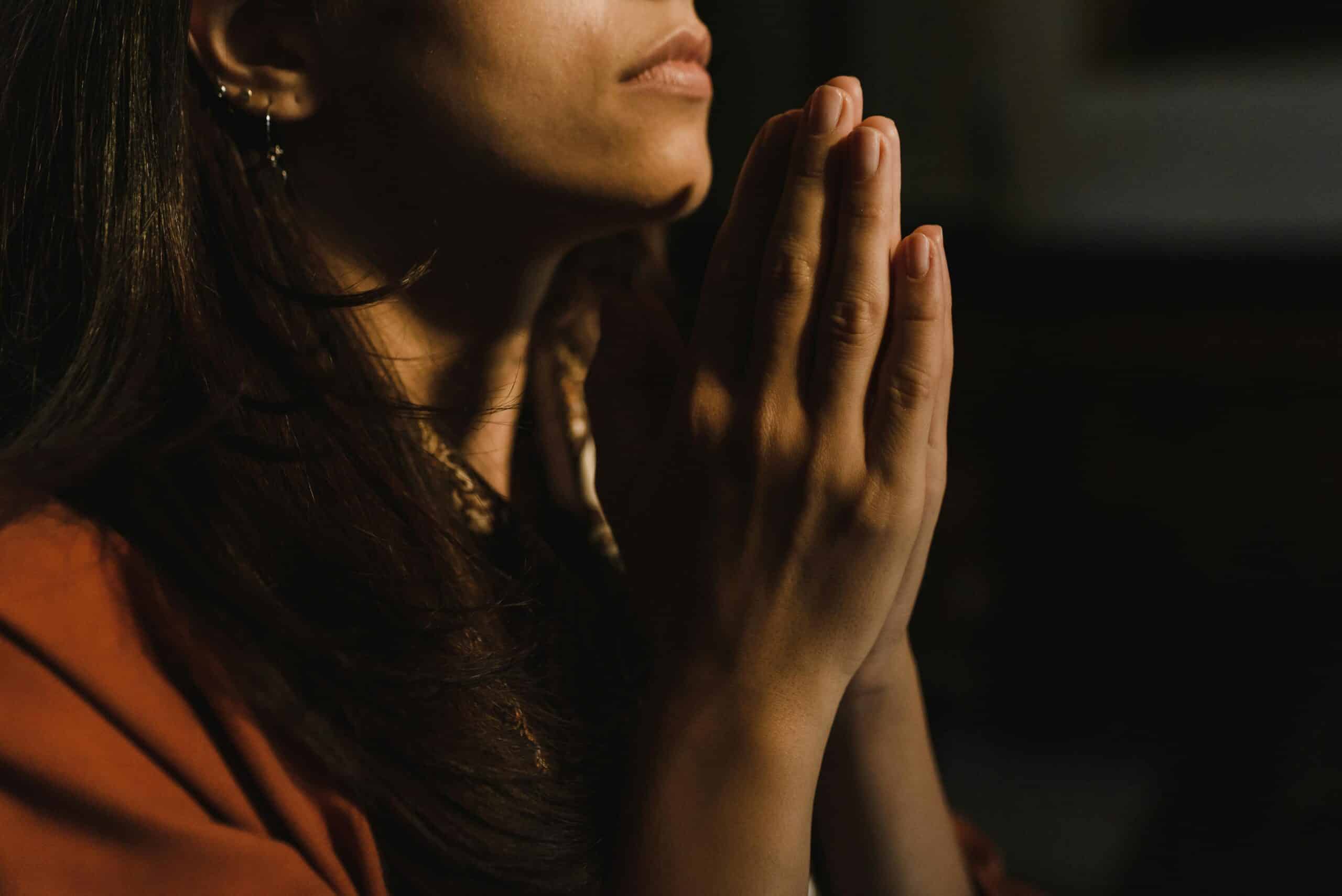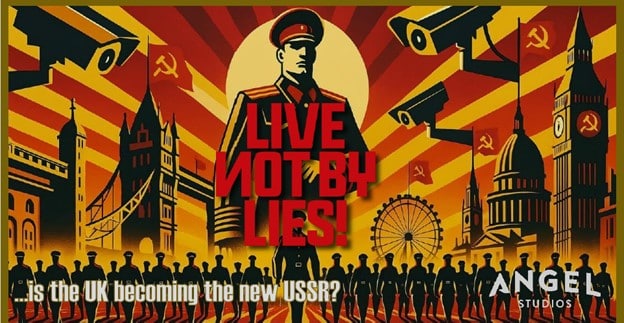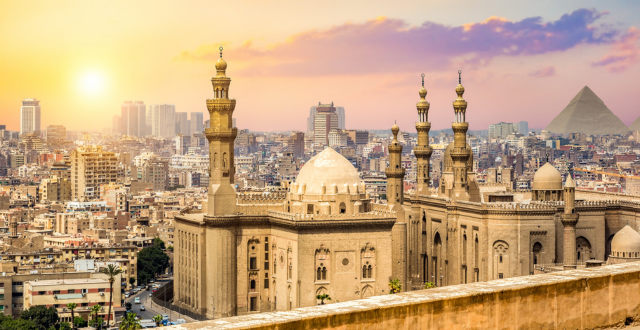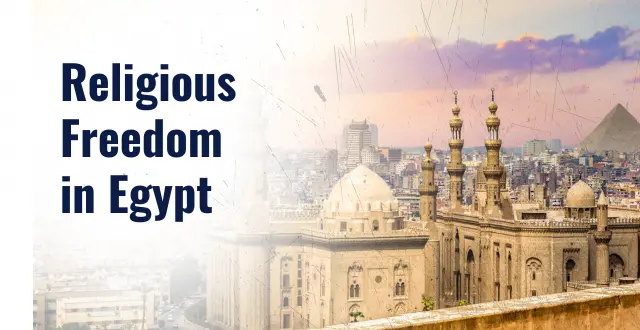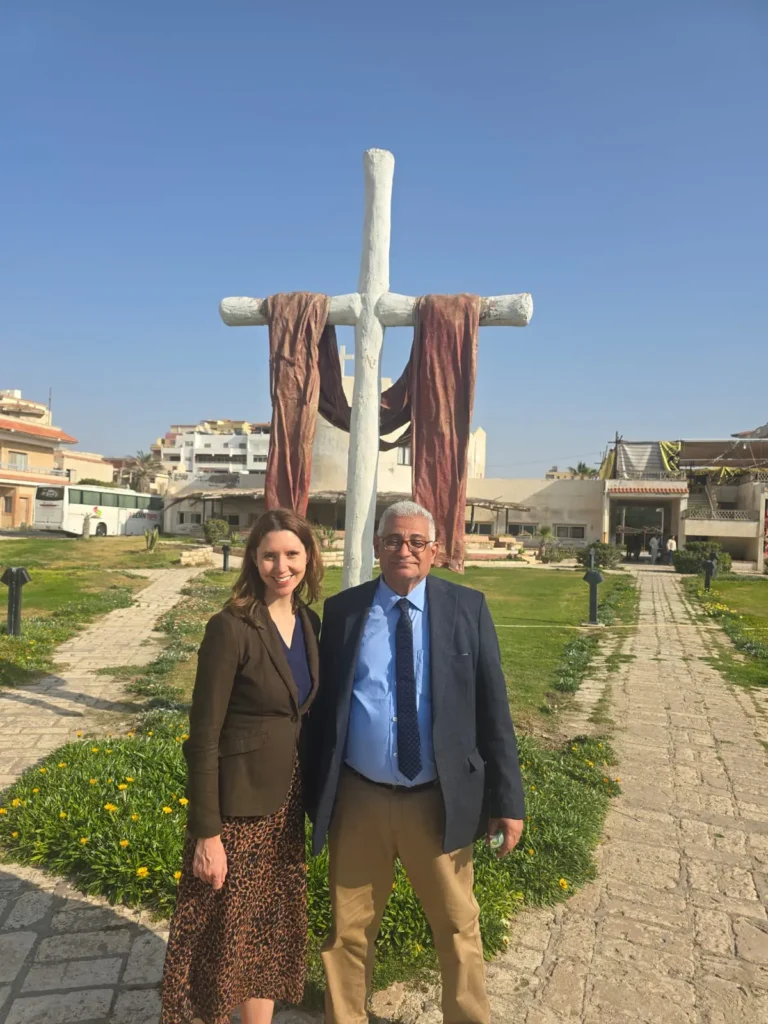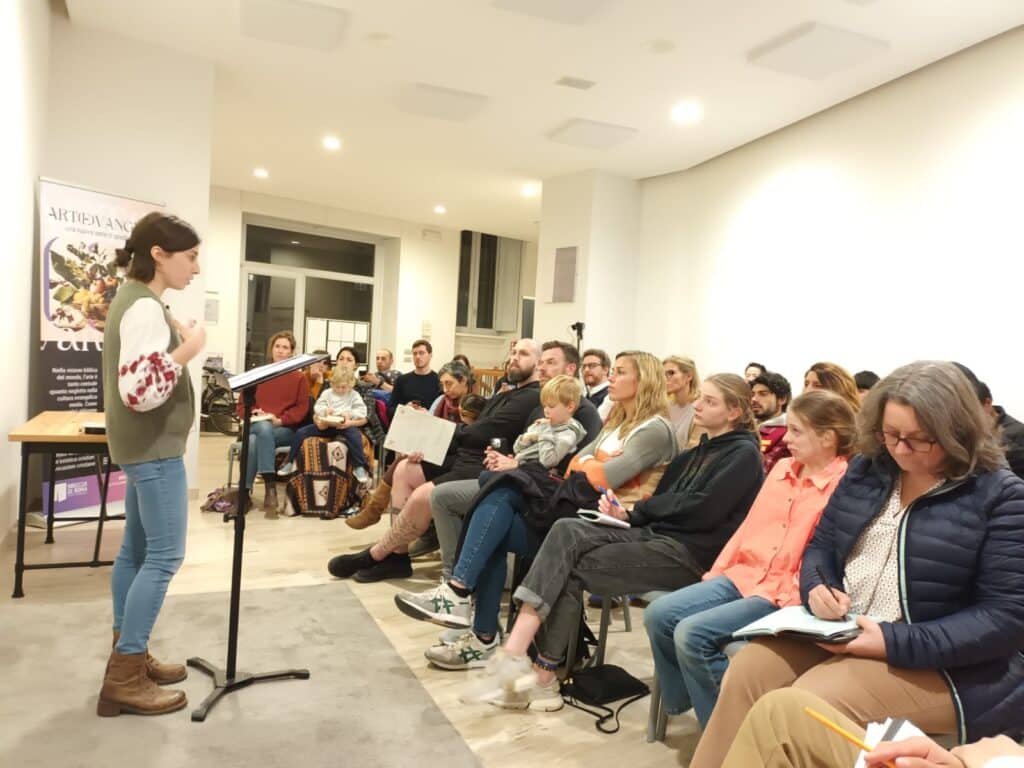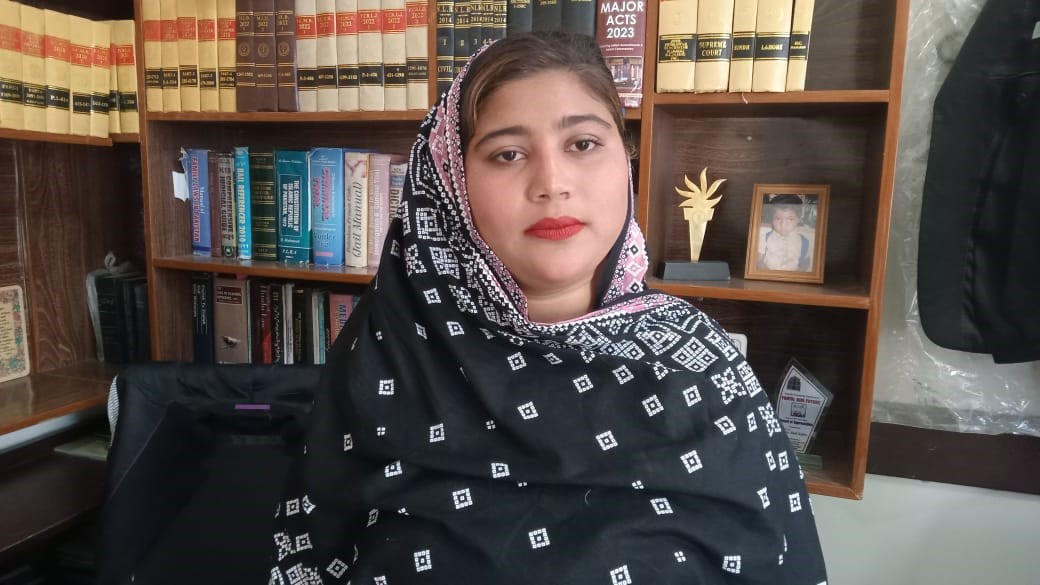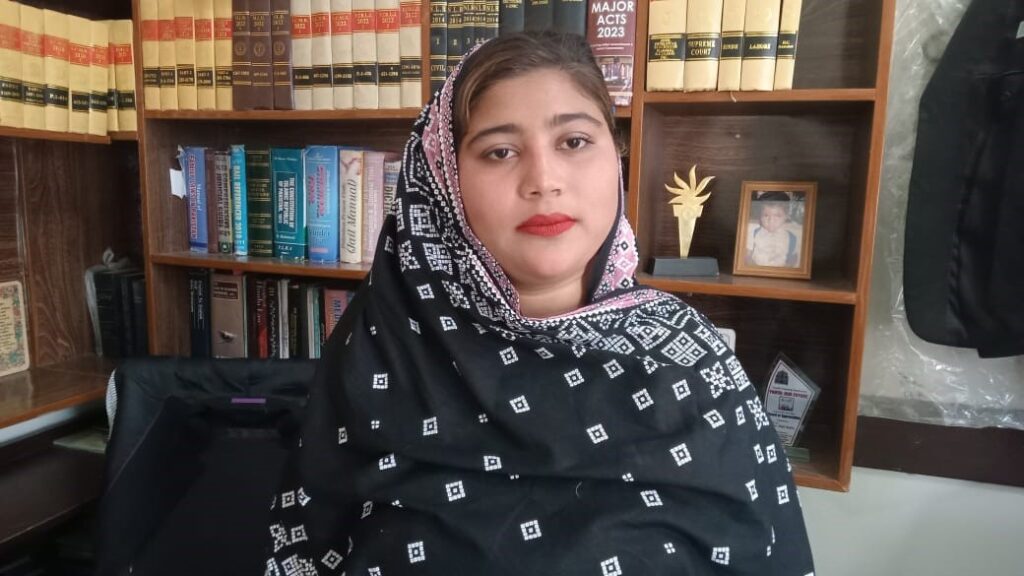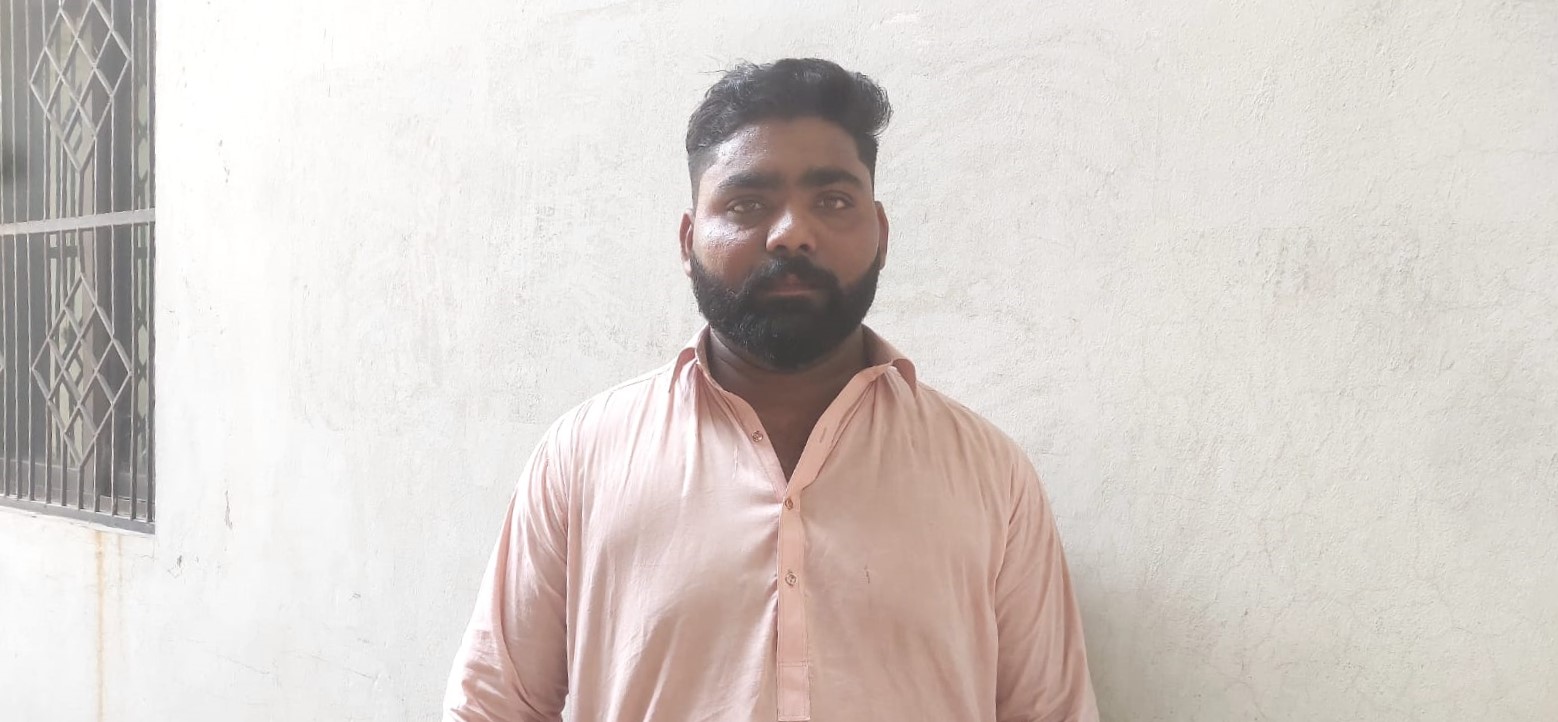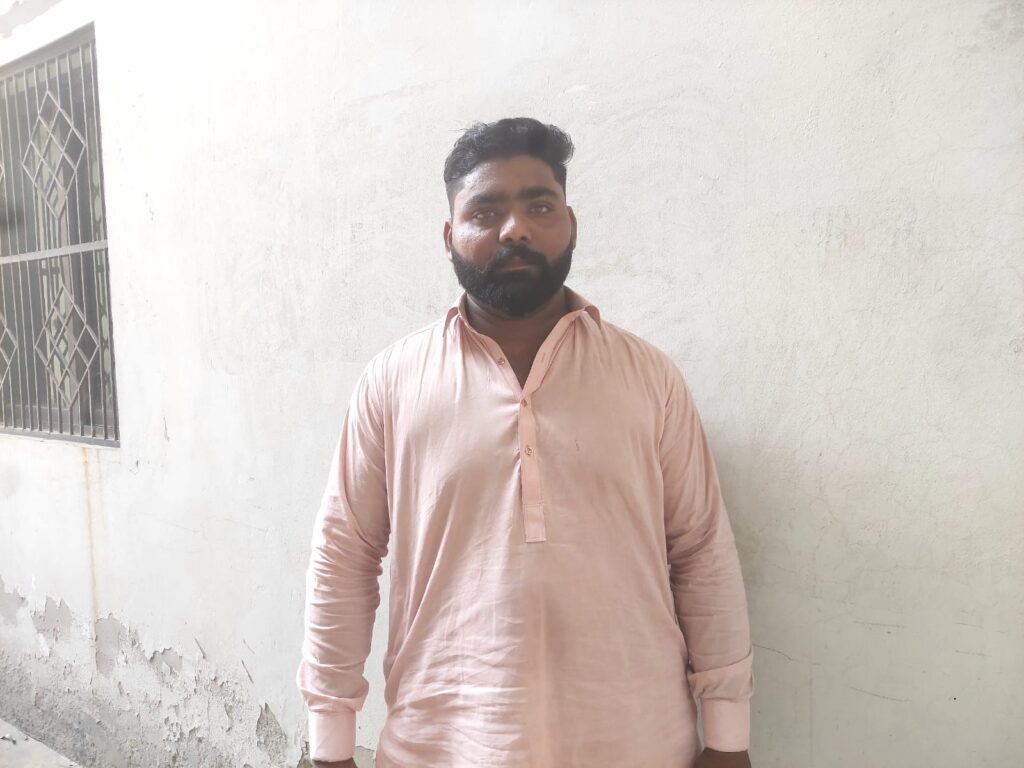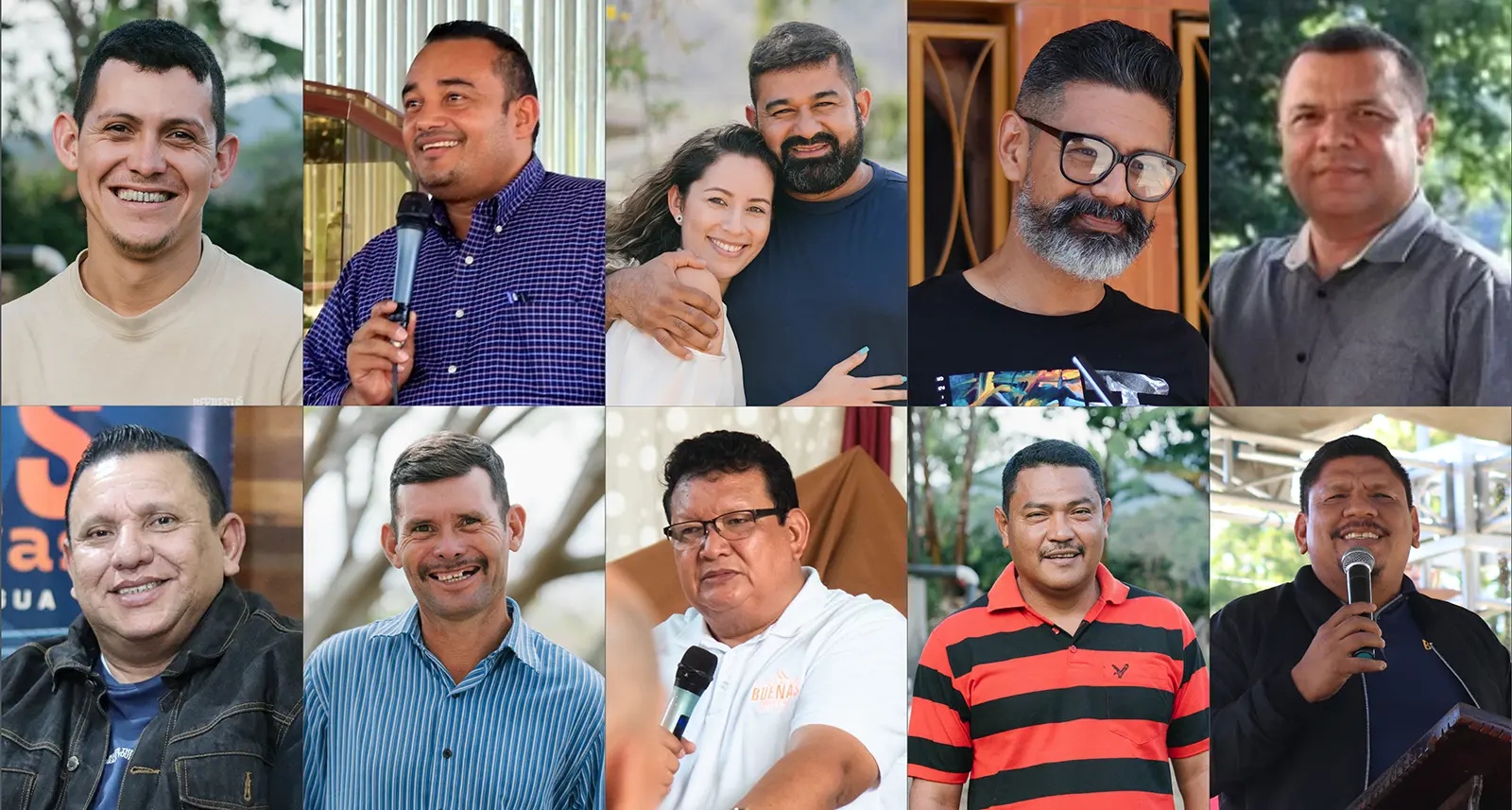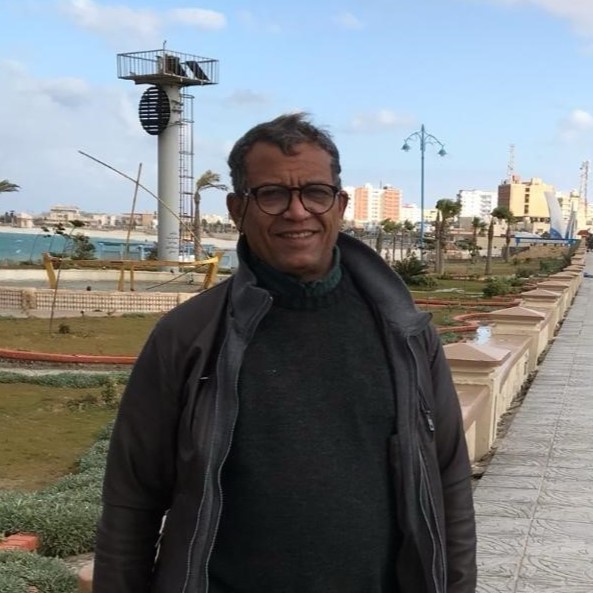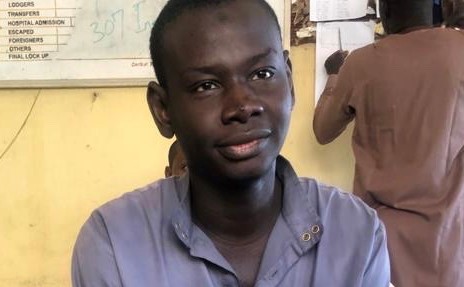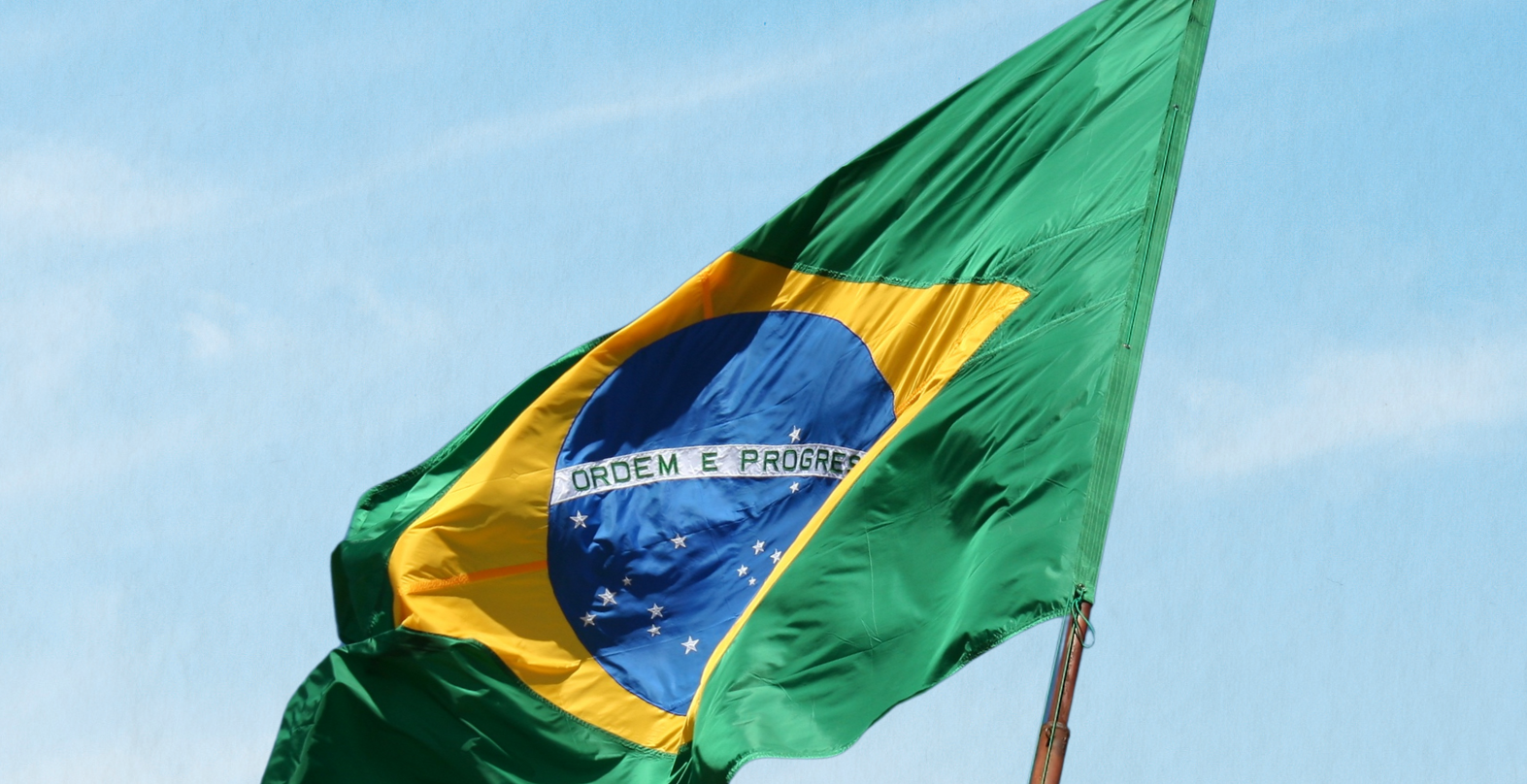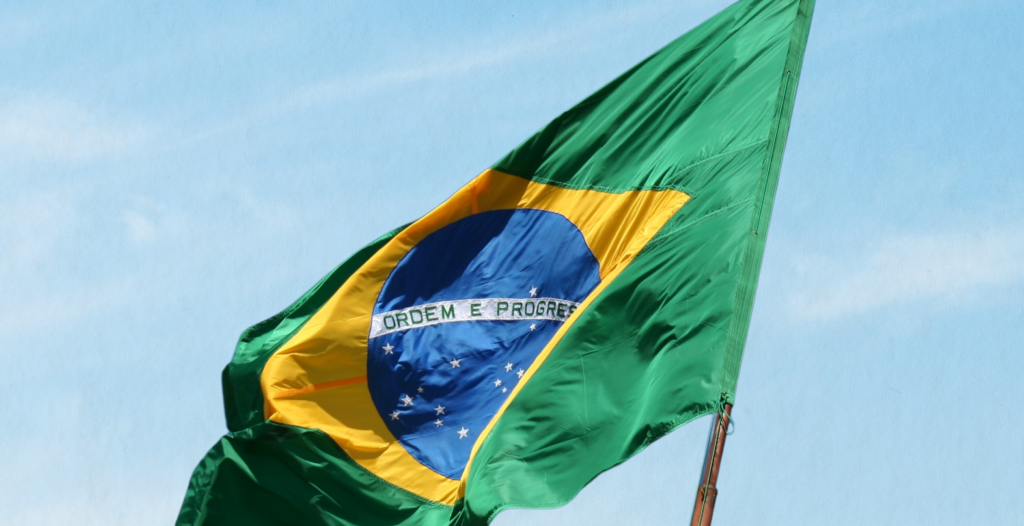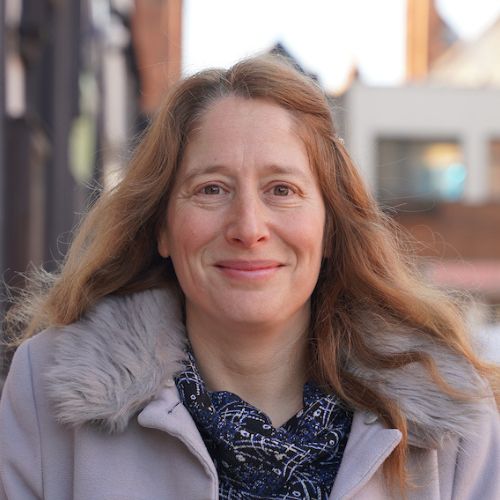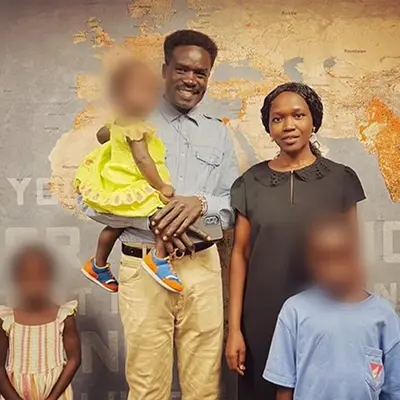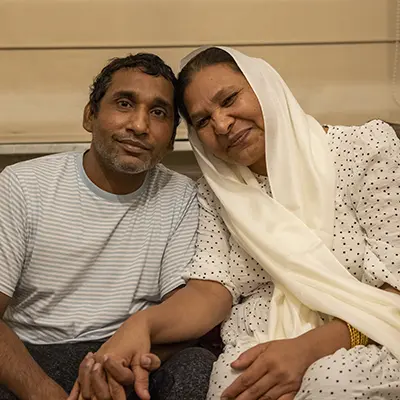- The European Parliament adopted a resolution following one of Syria’s deadliest anti-Christian attacks in years at Mar Elias Church in Damascus
- ADF International welcomes the resolution’s explicit condemnation of targeted violence against Christians and other religious minorities and calls for greater EU action on religious freedom in Syria
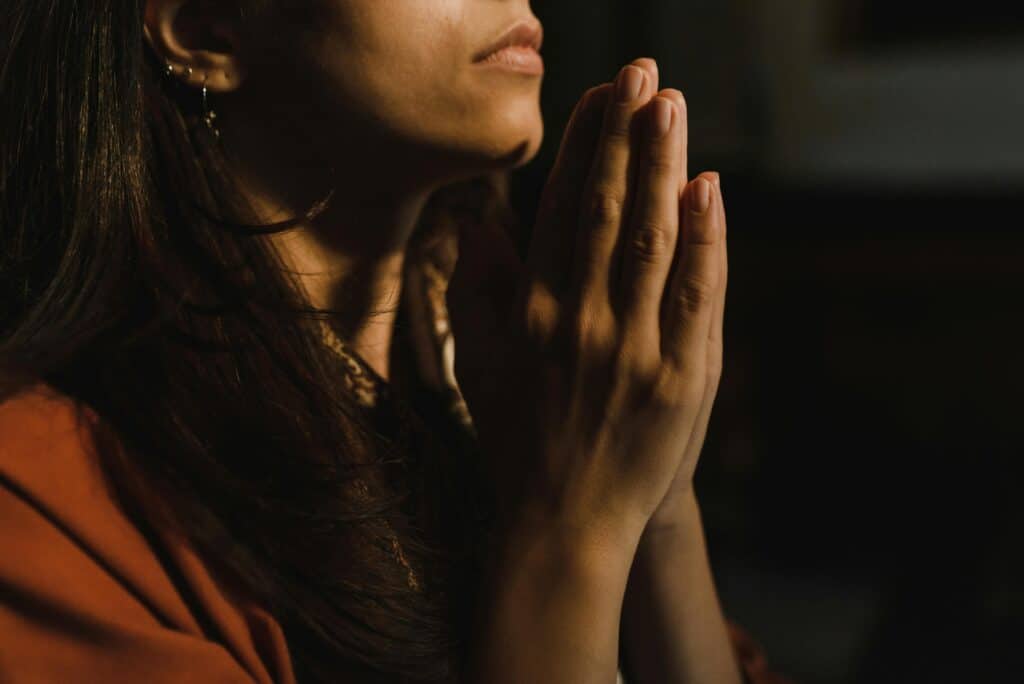
STRASBOURG (10 July 2025) – The European Parliament has adopted an Urgency Resolution condemning the terrorist attack on the Greek Orthodox Church of Mar Elias in Damascus and calling for increased protection of Christians and other religious minorities in Syria. The resolution urges action against the rise of violent Islamist extremism and emphasizes the urgent need for religious freedom protections.
“This resolution marks an important step toward building international momentum to protect Christians and other religious minorities in Syria,” said Kelsey Zorzi, Director of Global Religious Freedom for ADF International. “The European Parliament is right to demand accountability, not only for the Mar Elias attack, but for the broader pattern of religious persecution in Syria, and to condition future support on the Syrian government’s compliance with human rights obligations.”
This resolution marks an important step toward building international momentum to protect Christians and other religious minorities in Syria. The European Parliament is right to demand accountability, not only for the Mar Elias attack, but for the broader pattern of religious persecution in Syria, and to condition future support on the Syrian government’s compliance with human rights obligations."
-Kelsey Zorzi, Director of Global Religious Freedom for ADF International
Growing threats to religious minorities in Syria demand urgent international response
The resolution follows the June 22 suicide bombing at the Mar Elias Church in Damascus, which left at least 25 dead and over 60 injured in the deadliest anti-Christian attack in Syria in years. The Islamist terrorist group Saraya Ansar al Sunna has claimed responsibility for the deadly attack.
The European Parliament condemned the attack and urged the Syrian transitional authorities to conduct independent investigations and to “ensure accountability including by prosecuting perpetrators and enablers of human rights violations like in the case of Mar Elias.” The resolution also calls for the Syrian government to restore the historic Mar Elias Church and to establish a Syria Reconstruction Fund to support reconciliation and interfaith dialogue. The Parliament further calls on EU Member States to maintain and expand targeted sanctions against those responsible for religious freedom violations.
The resolution draws specific attention to the vulnerability of Christian communities in Syria. In addition to the recent violence, Christians in Syria are facing an escalating pattern of harassment and intimidation—including the recent vandalism of a church in Tartus, where messages were left demanding that local Christians pay jizyah, a historical tax imposed on non-Muslims. In other cities across the country, pastors have faced pressure from authorities to allow government monitoring of church activities. Christians have also been subjected to discriminatory treatment at military and security checkpoints, and there have been multiple reports of Christian cemeteries being desecrated, with crosses on tombs deliberately destroyed. These actions collectively contribute to an atmosphere of fear and marginalization for Syria’s Christian minority.
In addition to threats to their safety, harassment, and intimidation, Christians and other religious minorities in Syria face increasing and systemic economic discrimination. Reports indicate that many are denied access to public sector employment, excluded from key roles in the private sector, and often encounter barriers when renewing business licenses or seeking state services. This economic marginalization leaves religious minority families in a highly vulnerable position and continues to drive the emigration and decline of one of Syria’s oldest religious communities.
The resolution was adopted as a joint motion pursuant to Rule 136(4) and 150 of the European Parliament’s Rules of Procedure, referring to breaches of human rights, democracy and the rule of law. The joint motion was tabled by several major political groups, signaling broad consensus on the need to address religious persecution in Syria.
“We call on the European Commission to reappoint, without further delay, a Special Envoy for the promotion of freedom of religion or belief outside the EU,” said Adina Portaru, Senior Counsel for ADF International in Brussels. “This would be an important step in showing much-needed, real commitment to protecting this fundamental right worldwide.”

